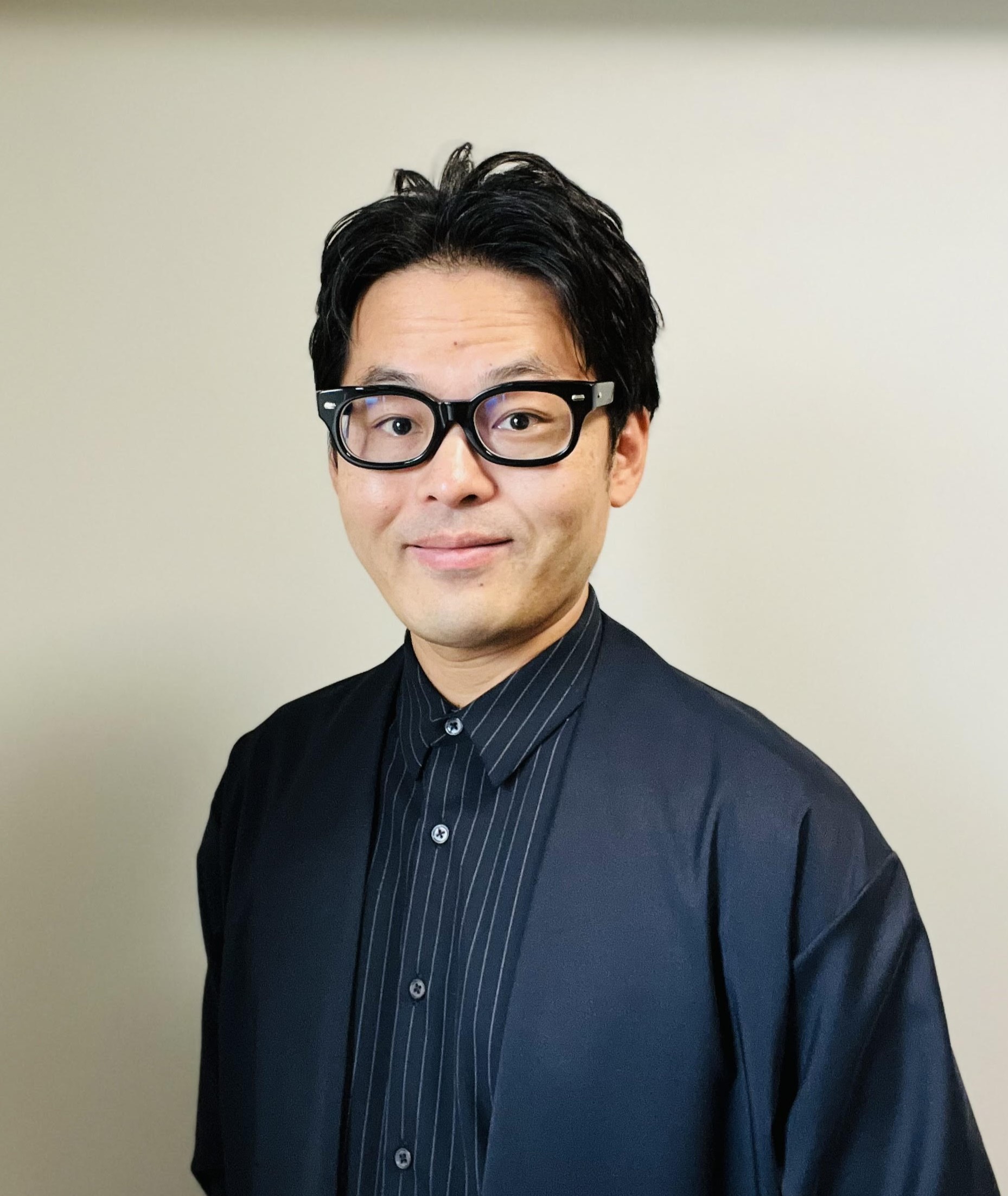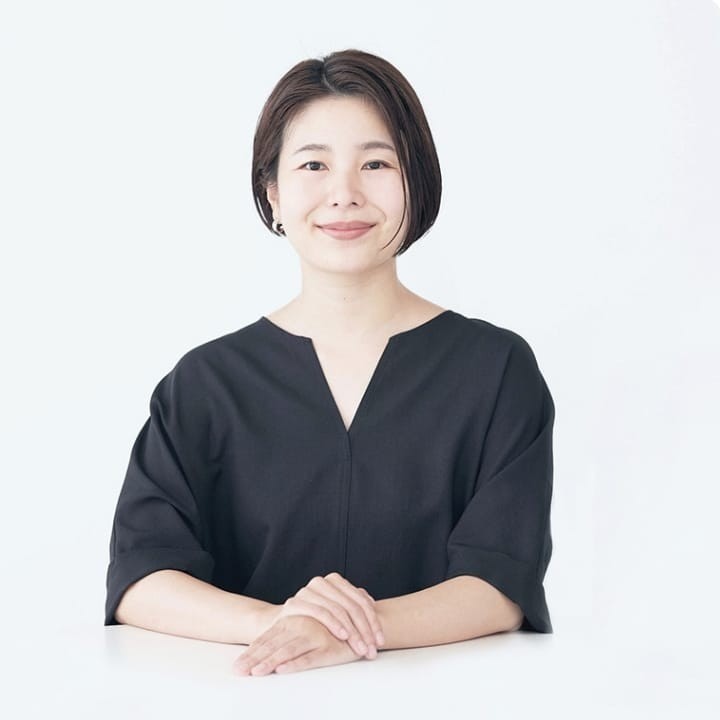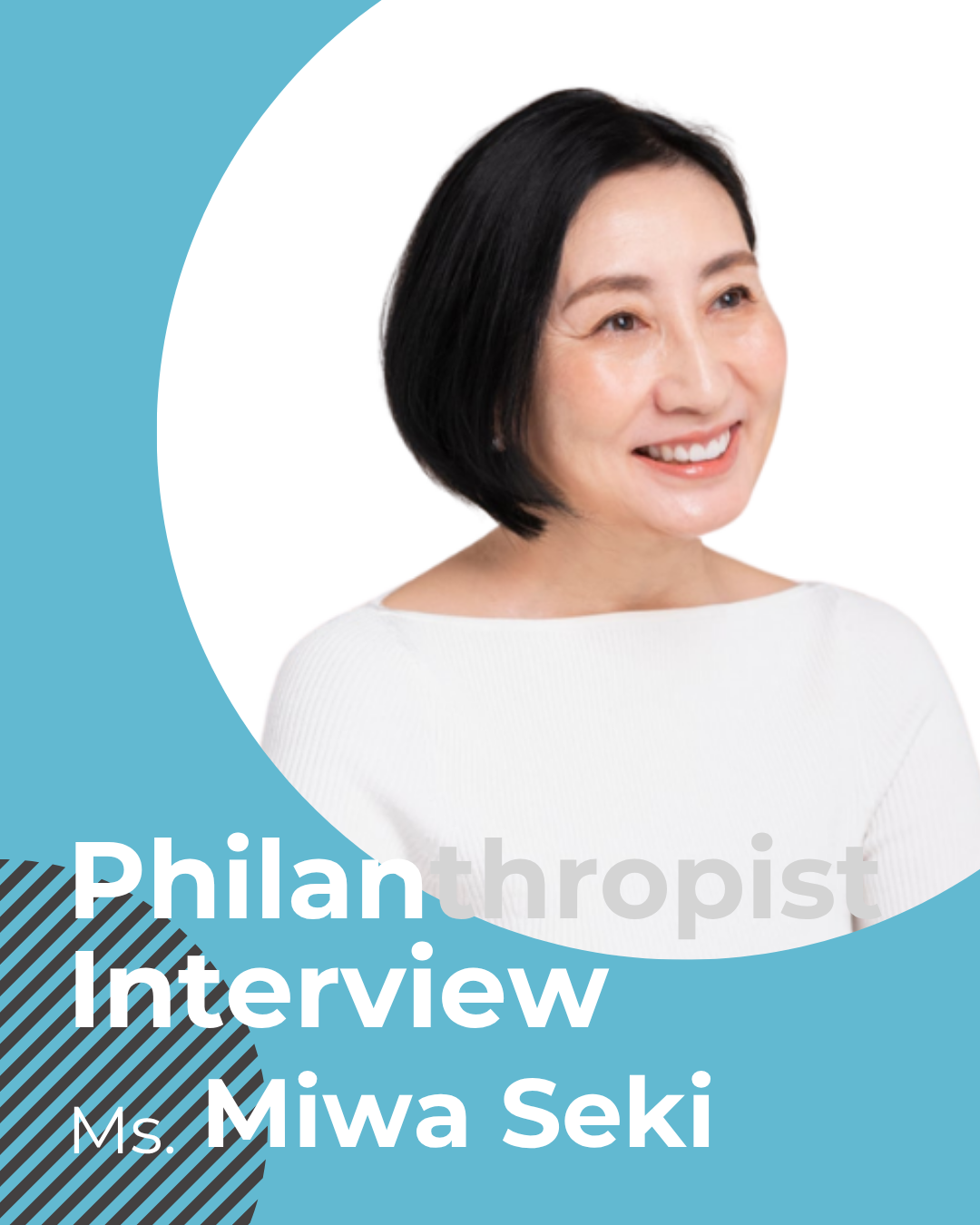INFO

Yutaka Ito: Improving Society Through Personal Hypotheses: A New Perspective Born at the Intersection of Business and Philanthropy

Profile
Yutaka Ito
Representative Director, RUBI Foundation / CEO, KMFG Inc. / Founder, Slogan Inc. (TSE Growth Listed)
Born in Utsunomiya, Tochigi Prefecture in 1977. Enrolled in the Natural Sciences I program at the University of Tokyo before switching to the humanities track. Graduated from the Department of Behavioral Sciences (Psychology), Faculty of Letters.
After joining IBM Japan in 2000, he founded Slogan Inc. in 2005. Under the mission “Unleashing human potential and allocating talent to create new industries,” he launched multiple career and innovation-focused platforms including Goodfind and FastGrow. His first book, Shapers: A Framework for Creating New Industries, was published in January 2021. The company went public in November 2021.
In 2022, he established the University of Tokyo Entrepreneurs’ Fund to invest in and support startups founded by University of Tokyo alumni. He stepped down as President of Slogan Inc. in February 2023. Today, through KMFG Inc., he advises startup founders.
In the nonprofit sector, he serves as Representative Director of the RUBY Foundation and advisor to several other organizations, including the Soil Foundation. He is also engaged in regional revitalization efforts in his hometown of Tochigi.
After stepping down at age 45 from Slogan Inc.—the company he founded—Yutaka Ito has taken on new roles as the head of a nonprofit organization and as an outside director for several firms. Two and a half years into his transition into the nonprofit sector, we spoke with him candidly about what he has discovered through hands-on experience—and how the shift has shaped his perspective.
スローガン退任から2年。伊藤豊さんの現在を教えてください。
Two years After Stepping Down from Slogan Inc.
“Right now, I split my time—roughly 70% business, 30% nonprofit.”
Since stepping down as President of Slogan Inc., Ito has embraced a hybrid model. On the nonprofit side, he leads the RUBI Foundation, supports the University of Tokyo Entrepreneurs’ community, and advises the Soil Foundation. He’s also involved in a new local initiative, Tochigi Innovation Base, currently in the planning stages.
On the business side, he serves as an outside director for three companies and advises one startup. In June, he will begin a new role as Executive Vice President of a TSE Growth-listed company where he was previously a board member.
“I made a decision at 38 to hand over leadership by the time I was in my 40s, and I followed through at 45,” he says. “I knew that if I jumped straight into another for-profit venture, I might second-guess leaving Slogan. So I made a conscious decision to focus on nonprofit work.”
This pivot allowed him to pursue challenges he had previously left untouched—like founding the RUBY Foundation and deepening support for the University of Tokyo alumni network.
“Balancing both worlds has given me insights I wouldn’t have gained in just one,” he reflects. “It’s created a meaningful cross-pollination between for-profit and nonprofit thinking.”
The First Two Years of the RUBI Foundation
“I’m enjoying the pursuit of my life’s mission: improving society through personal hypotheses.”
Ito became Representative Director of the RUBY Foundation after connecting with Monex Group CEO Oki Matsumoto, with whom he immediately clicked.
The foundation’s mission—to make society more inclusive by expanding the use of furigana (phonetic guides)—resonated deeply with Ito. “It started when I realized my daughter couldn’t read certain books because of difficult kanji. Then I realized there were kanji I couldn’t read either,” he laughs.
He saw an opportunity to apply his own life mission—improving society through original hypotheses—to something as seemingly small, yet socially significant, as furigana. “Two years in, I feel more and more that this is a theme worth pursuing deeply.”
What Sustains Philanthropy?
“A sense of personal meaning—and seeing the value you uniquely bring.”
Ito has discovered some hard truths about philanthropy.
“There have been times when I wished I had more financial capacity,” he admits. “Moments when I was asked to give and couldn’t respond quickly. It made me realize that accumulating a certain level of wealth—or at least the ability to give meaningfully—is important.”
But financial capacity alone isn’t enough.
“If giving becomes just a response to requests, it loses meaning. What sustains support is a sense of personal stake—a hypothesis you want to prove, or a cause that grabs you and won’t let go.”
For Ito, that’s what keeps philanthropy purposeful. “I don’t want to give passively. I want to feel like my unique value is being applied. That’s what many people are looking for, I think—a story they can believe in. That’s also how we build a stronger culture of giving.”
The Challenge of Getting Started
“People need freedom—and some degree of agency—to commit.”
One of the barriers he’s noticed is a communication gap.
“I think many in the nonprofit world struggle to say, ‘Let’s do this together.’ Unlike business, where incentives are clearer, it’s harder in philanthropy to show what the other person gets in return. So people hesitate.”
Even when someone wants to support a cause, too many restrictions can be discouraging.
“To stay involved, people need freedom of thought and some degree of autonomy. Regardless of the issue, when the environment allows creative thinking, support becomes sustainable.”
What Comes Next?
“Stay fluid, keep searching—and commit when the moment feels real.”
Ito admits that he fears becoming irrelevant if he stops taking on new challenges.
“That fear drives me. I want to stay intellectually curious, and to stay connected to society through new initiatives.”
He sees his upcoming role as Executive VP at a Growth-listed company—amid regulatory reforms—as a bold new step. “It’s a big challenge for me, and I want to create results I can be proud of.” That said, he also hopes to remain flexible. “In 5 to 10 years, I may pass my current roles on and do something completely different. I don’t want to cling to the present—I’d rather flow with it.”
In philanthropy, he draws inspiration from leaders like Oki Matsumoto and Shuhei Morofuji.
“Matsumoto-san helped launch Human Rights Watch in Japan and brought the vision behind RUBI Foundation to life. He shows how private initiative and capital can drive meaningful change. I hope to follow that path in my own way.” He’s also inspired by the Unson Foundation, founded by Morofuji in Itoshima, Fukuoka—a place where big ideas attract diverse collaborators.
“One day, I’d love to create a physical space like that in Tochigi, where I’m from. A salon-style setting where people can gather casually—but also where new, exploratory activities can take root.”
Notes
PA Inc. supports the RUBY Foundation as its administrative office, and in working with Mr. Ito, we’ve seen how his instinct for language and his sensitivity to social currents have helped expand the foundation’s vision and reach.
His flexible, grounded approach carries the quiet power to move systems—and people.
Interviewer: Co-CEO Yoshiko Fujita
translated from Japanese into English by AI
TOP


